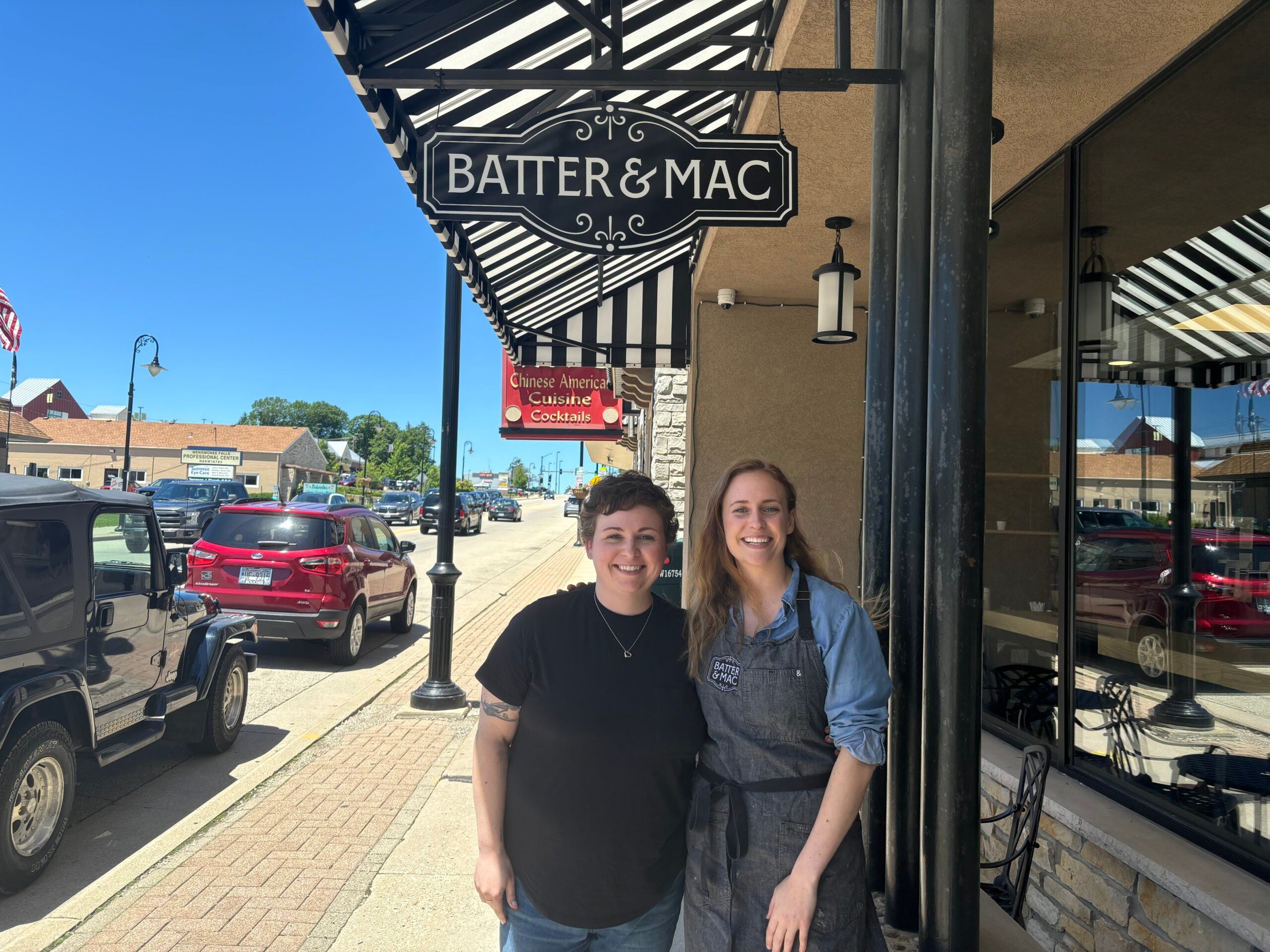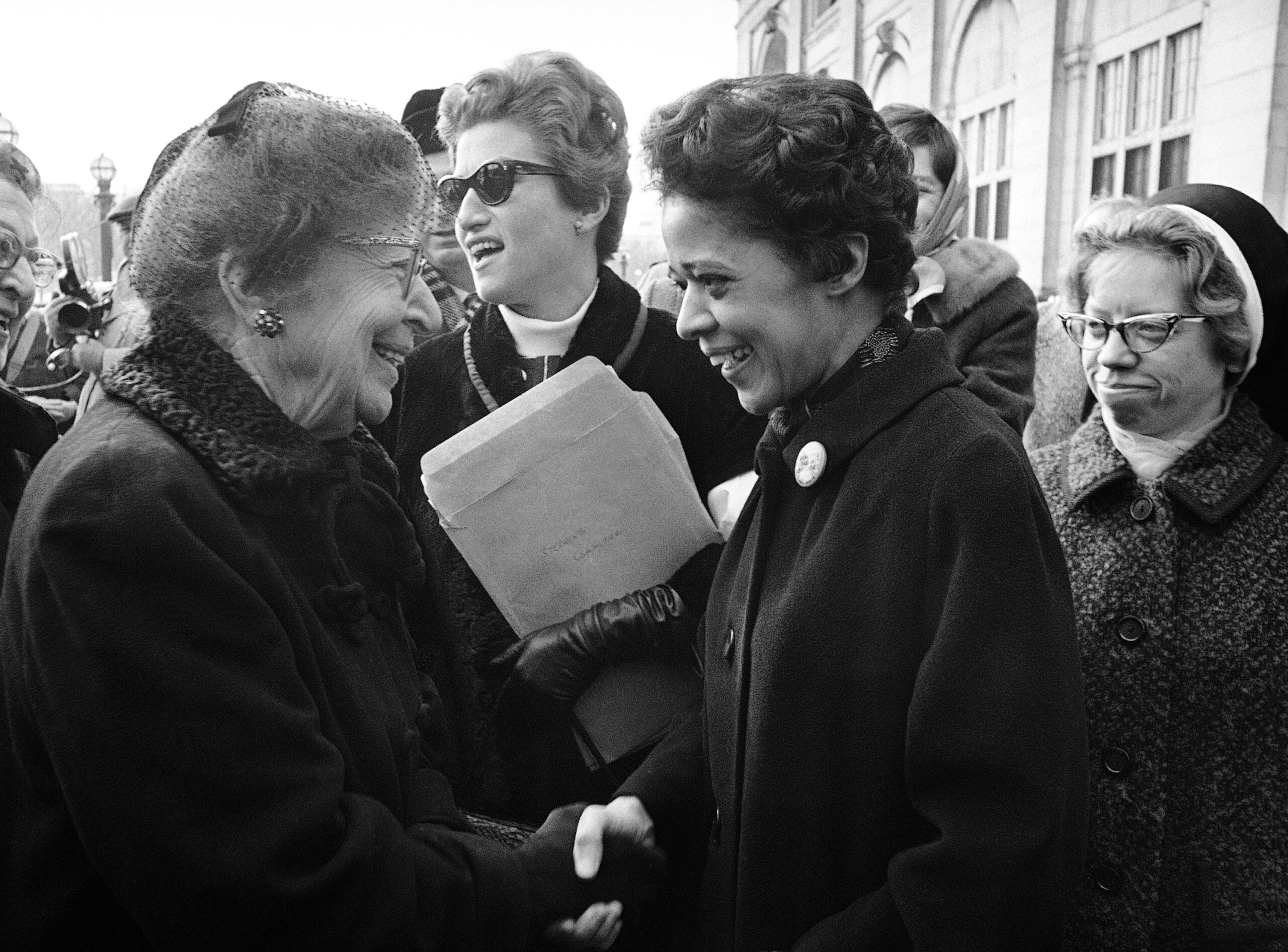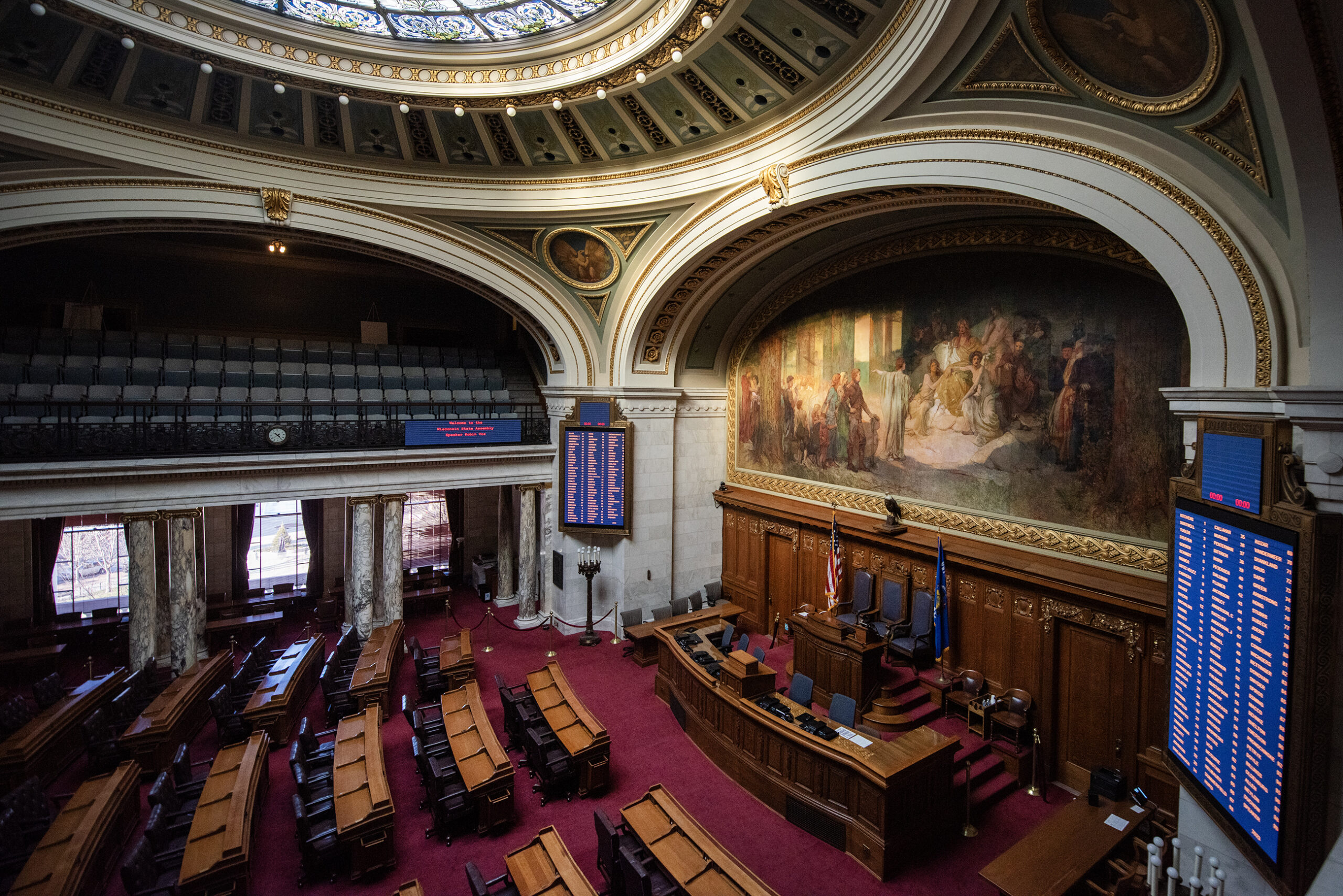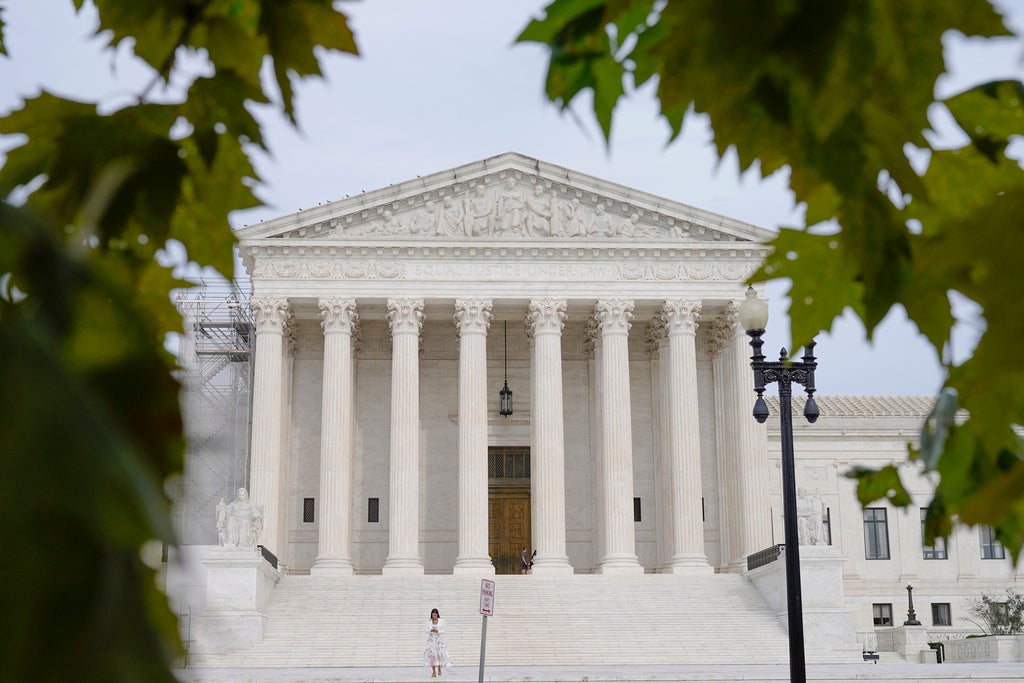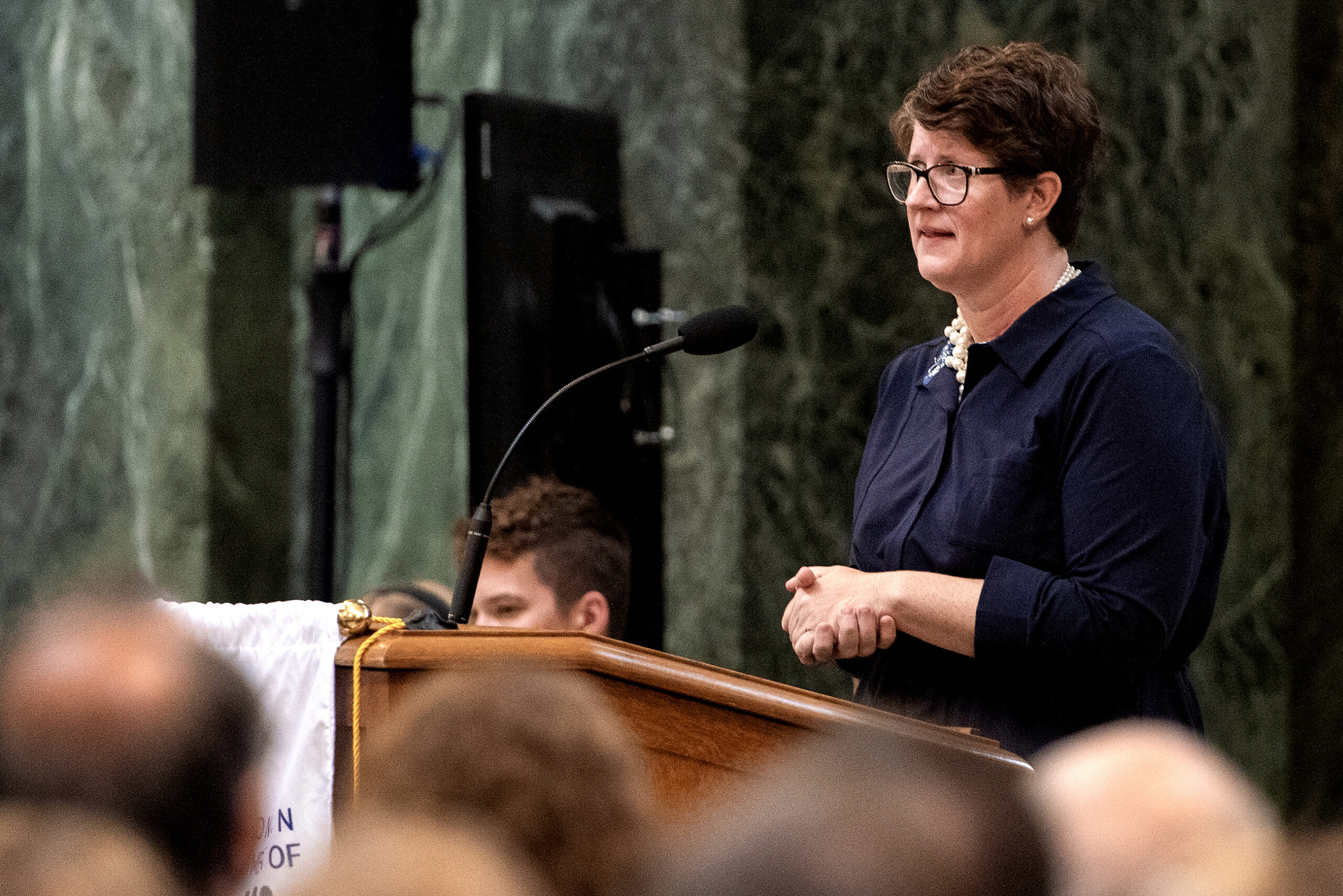La Crosse Human Rights Commission; Lost Voices
Featured in this Show
-
La Crosse Human Rights Commission
City of La Crosse officials are trying to breathe new life into a city commission that has traditionally been set up to handle discrimination complaints.
By recently renaming the former Equal Opportunities Commission as the Human Rights Commission, the mayor and city council expect it to become the government body that not only handles discrimination matters, but is a focal point for much broader diversity discussions.
The city council established its first body to deal with discrimination, primarily in housing, back in the late 1960s, then renamed it the Equal Opportunities Commission in the 1990s.
Human Rights Commission Chair Fabio Burgos said the new commission will have a slightly different focus.
“We still have jurisdiction regarding those type of complaints,” he said. (housing and access discrimination) “But we have a broader mission to promote diversity in the community and to take steps to eradicate discrimination in the city of La Crosse.”
The new commission has held two public meetings since September, one with the African-American community, and one featuring issues based on sexual orientation and gender identity.
Commission member Will Van Roosenbeek said they heard similar challenges from both groups.
“One of them being housing as an issue, of people feeling like they might be turned away, or might be treated differently because of who they are,” he said. “We also heard in both a struggle with employment, whether it be in finding employment or feeling they were let go of a job because of who they are.”
Van Roosenbeek said members of both groups are also struggling with poverty.
Burgos said for its size, the city of La Crosse is pretty diverse, and growing more diverse.
“But sometimes change is difficult and produces unfortunately a reaction from people who aren’t ready for change,” said Burgos. “I think it’s important that as we draw people into the community of all races, creeds, colors and sexual orientation, that they feel there is a body that can listen to them if they’re feeling the community is not inclusive.”
Burgos said the Human Rights Commission hopes to meet monthly and the public is welcome.
-
Lost Voices
In the wake of the shooting death of unarmed black teenager Michael Brown by a white police officer in Ferguson, Missouri, a number of groups advocating for anti-police brutality and racial justice formed around the country.
The most well-known is likely Blacklivesmatter. But there are still a number of active groups in Ferguson including Lost Voices, a group of young people which organized since Brown’s death and the subsequent protests.
Dasha Jones became involved in the Lost Voices movement she said because African-American teenagers are often the targets.
“The young man Michael Brown, he was 18,” she said. “Looking at that, that’s my peer, someone I’m going to school with, someone I may go to college with. He didn’t have a future. We feel that wasn’t fair. He didn’t get to live out his life like he should have.”
Lost Voices still organizes regular demonstrations in Ferguson. It also educates people about voter registration, and works a lot with children, taking them on field trips to places like the zoo, the library or the fire station. The goal is to make a difference in non-violent ways and change a political and social culture that members feel is against young blacks.
“Your child and my child shouldn’t have to walk down the street and say, ‘hey mom, is the police going to do something to me today, hey dad, why did they shoot that man outside,’” said Lost Voices member Meldon Moffitt. “I don’t want no one’s child to go through that.”
Members of Lost Voices recently spoke at UW-La Crosse.
Episode Credits
- John Gaddo Host
- John Davis Producer
- Hope Kirwan Interviewer
- Fabio Burgos Guest
- Will Van Roosenbeek Guest
- Meldon Moffitt Guest
- Dasha Jones Guest
- Bud Cuzz Guest
Wisconsin Public Radio, © Copyright 2024, Board of Regents of the University of Wisconsin System and Wisconsin Educational Communications Board.
